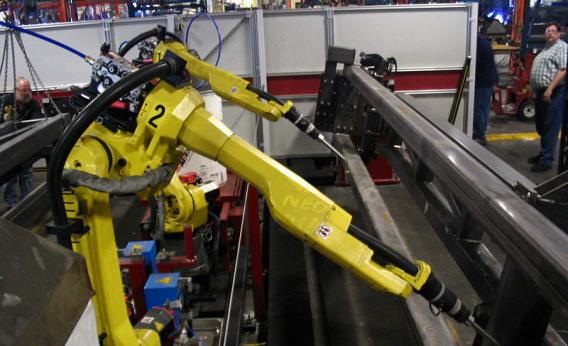Evan Soltas reaches a striking conclusion about the relationship between productivity and employment: “when industries become more productive here, they shrink their employment even as output grows, making it seem like they are dying out or contracting, and employment shifts into the less productive industries.”
This is way too broad a conclusion.
Right now very few people are employed in the United States making Chevy Volt cars because they’re small, expensive, and have limited range. If some technological breakthrough allows for a surge in electric car manufacturing productivity and Chevy starts churning out bigger, longer range, cheaper electric vehicles then more people will buy them and employment in the Volt sector will surge. Whether productivity gains lead to net increases or decreaeses in employment just depends. It depends in part on how much price changes impact demand, and it also depends on where the productivity gains come from. To produce cows you need labor, you need land, and you need feed inputs. If feedlot operators increase productivity by finding ways to economize on labor, then employment may well fall even if quantity of beef consumed goes up. But if feedlot operators increase productivity because the price of grain inputs falls, then employment will probably go up.
